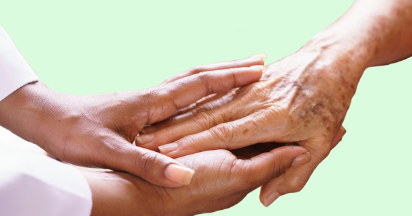Parkinson’s disease is commonly known as a movement disorder, but it’s much more than that. The disease affects your brain and nervous system, which controls how your body functions. It causes uncontrollable muscle stiffness and tremors, which can lead to difficulty with walking, speaking, and swallowing, making everyday tasks extremely difficult to perform.
Parkinson’s disease is a progressive brain disorder that affects movement, behavior, and mood. Although it’s most commonly associated with movement problems, some non-movement symptoms of Parkinson’s include:
- Depression and anxiety
- Memory loss
- Sleep problems
- Constipation or changes in bowel function
- Loss of taste or smell
- Seizures
Parkinson’s, Depression, and Anxiety: How Are They Related?
Parkinson’s disease is often associated with depression, anxiety, and other mood disorders. These conditions can make it difficult for people to manage their symptoms.
People with Parkinson’s often experience depression at some point during their illness. Depression may occur before or after being diagnosed with Parkinson’s. Anxiety can be another problem for people with Parkinson’s disease. Research shows that around half of those with Parkinson’s experience anxiety at some point during their disease. These figures suggest that depression and anxiety may be more common in people with Parkinson’s than those without the condition.
Guidelines for Coping with Anxiety and Depression While Having Parkinson’s Disease
Living with Parkinson’s can be difficult. You may find yourself affected by depression or anxiety. Here are some tips and coping strategies to help you deal with these negative emotions.
- Talk to your doctor or a therapist.
- Find a support group. Talking to others who have faced similar challenges can be an important part of healing and a source of information about available resources.
- Accept that you can’t control everything in life and permit yourself to fail sometimes.
- Make time for things that matter most to you, like spending time with friends and family, doing something enjoyable every day, exercising, and getting enough sleep.
Remember, depression and anxiety are real problems for many people with Parkinson’s disease. Senior care is available through your doctor or a medical professional.

